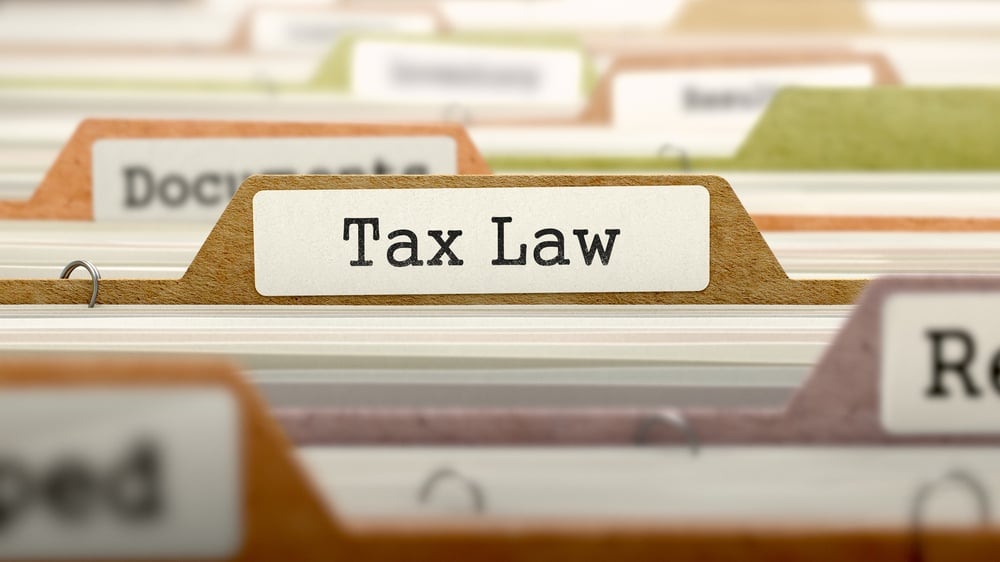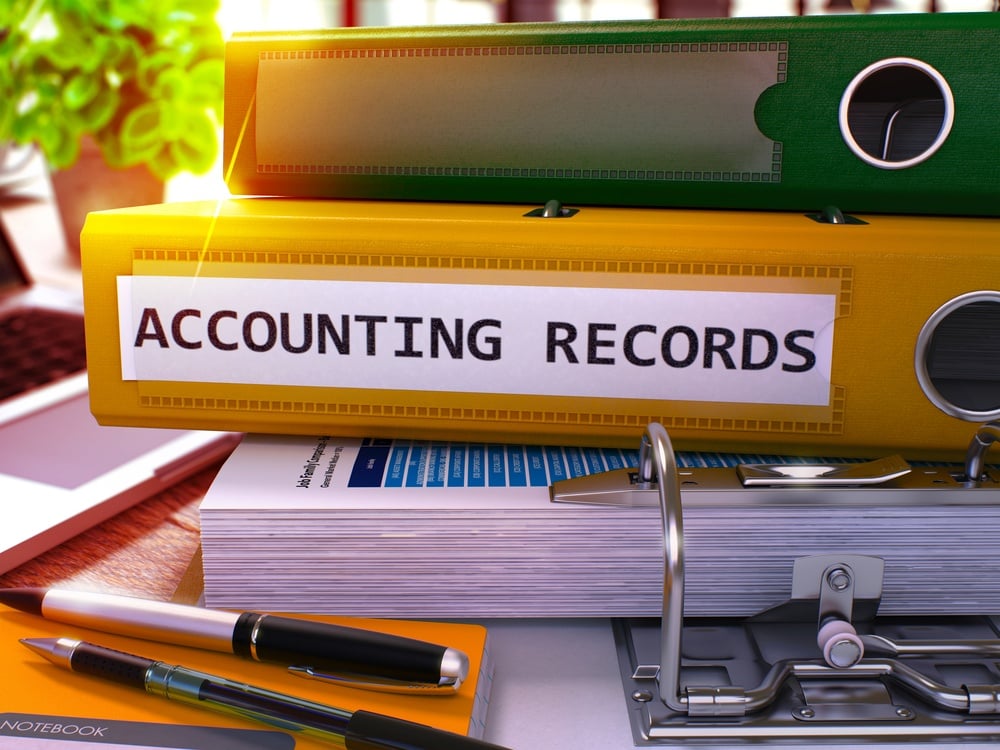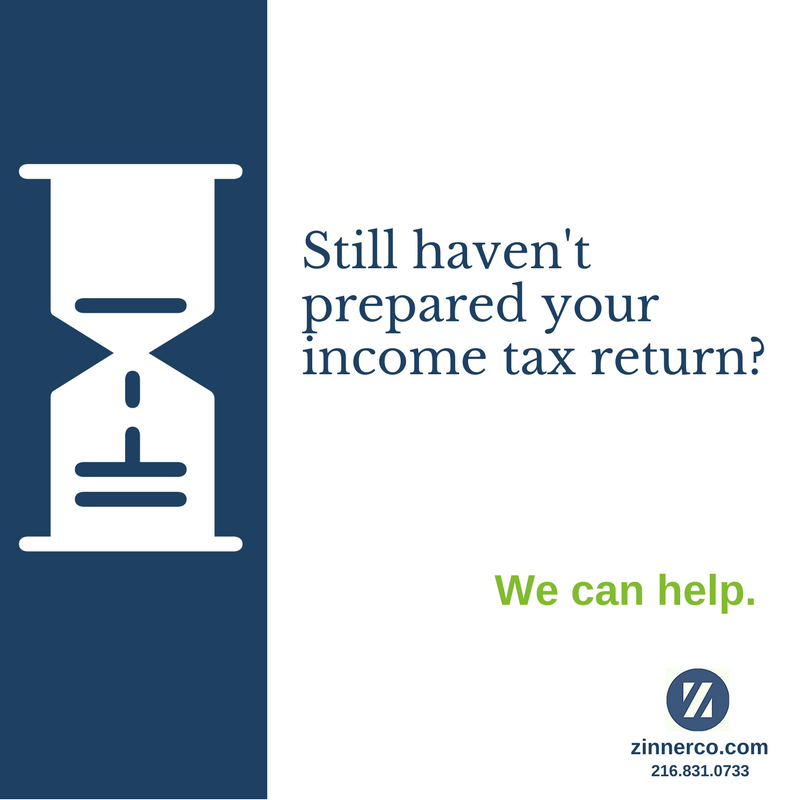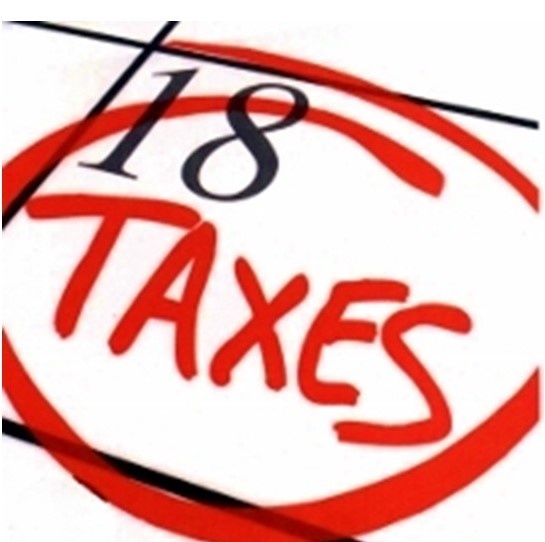Many clients ask if it is more advantageous to pay quarterly tax estimates or utilize their tax withholding. I wish there were a simple, cookie-cutter answer. However, as no two taxpayers are alike, the same goes for the manner in which one can pay one’s taxes.
Both methods of paying income tax have their pros and cons. The best selection depends on your personal preference and, more so, financial situation. A majority of self-employed individuals must utilize quarterly payments. However, if you have an income source such as retirement distributions, social security or employee wages, you have the option of withholding tax from those income streams in lieu of paying quarterly.













